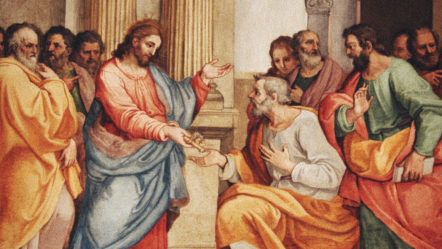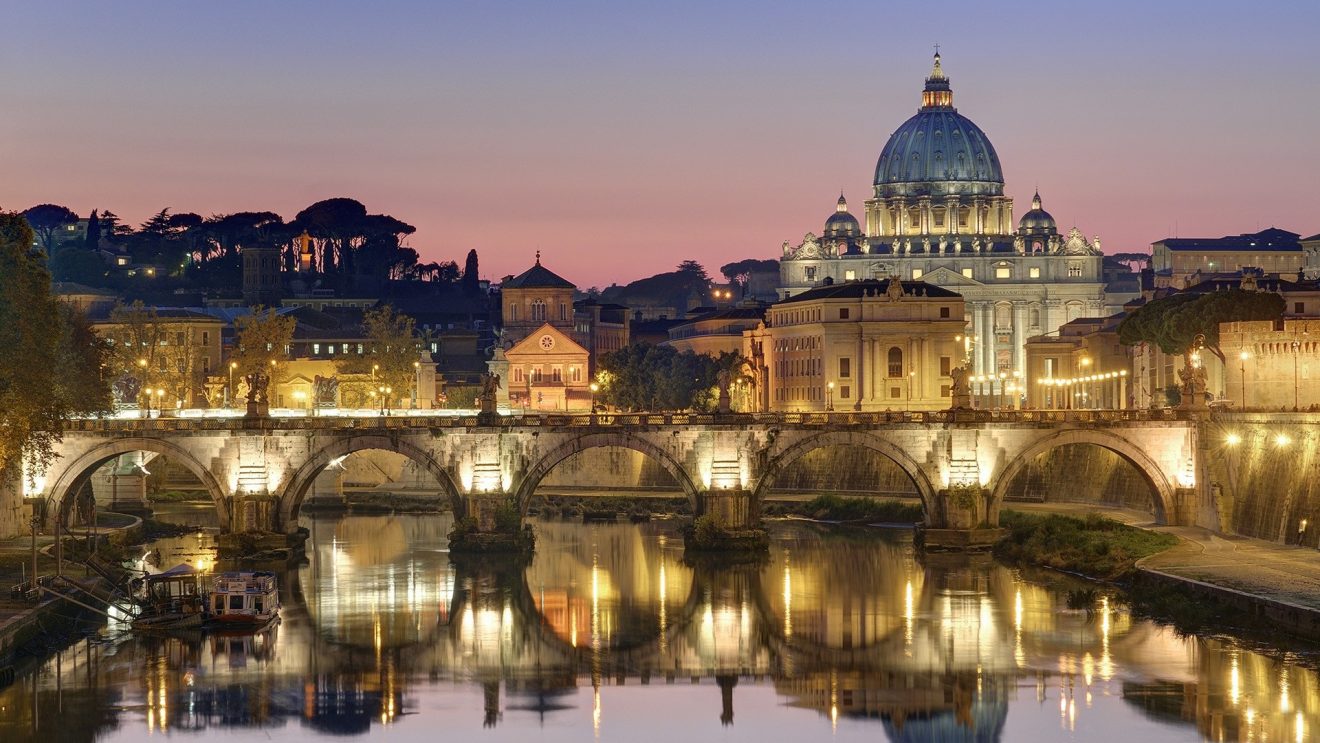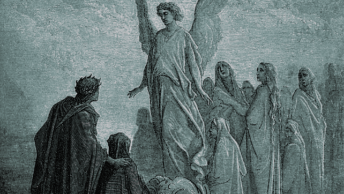As the Bard of Avon questioned several hundred years ago in Romeo and Juliet, What is in a name? That which we call a rose by any other name would smell just as sweet. Personally, I think it would mean a great deal. Stinkweed, Skunk and Sewer are three words that would not fit his general substitution. Names are very important.
Media giants, such as Facebook and Twitter saw fit to change their long-term brand names to Meta and X to match the changing times. We name our children to give them their own special identity. Most of the time their chosen names have a special family meaning that adds to a person’s confidence and self-worth.
There are serious cautions. Families that saddle a child with a name that can sometimes be perverted into something that rhymes with an unpleasant or profane word or phrase can cause terrible psychological harm down the road. Our daughter and her husband wanted to name their possible son, Oscar. Both wieners and the notorious 19th century writer, the bisexual Oscar Wilde, did not sit well with us. Thank goodness, that our granddaughter is the beautiful Olivia.
I was listening to my car radio recently and the host was talking about nicknames. I have been fascinated by such names for many years. I collected lists of college teams names. I went to Holy Cross, which is still known as theCrusaders, while my bonus granddaughter went to Kennesaw State University, who are the Owls. My favorite is former President Richard M. Nixon’s alma mater, the Wittier College Poets.
My love of sports whetted this appetite with a repertoire of colorful names, such as The Yankee Clipper, the Sultan of Swat and Stan the Man Musial for Yankees and a Cardinal great. First was Joe DiMaggio, who glided across Yankee Stadium’s cavernous center-field, like a stately 19th century schooner, baseball’s first great slugger, Babe Ruth and Stan Musial whose character was as prevalent as his batting eye. Others sports pale by comparison, though golfer Tiger Woods, basketball’s Sir Charles Barkley, football’s Broadway Joe Namath and tennis’ Chris Evert, the Ice Maiden, have all added color to their respective sports.
I love nicknames so much that when I coached a baseball team, I would often verbally baptize some of my players with a carefully chosen sobriquet. I would never use a name that hurt a particular child, such as calling a stout boy, fatty or chubby. I only used a word to elevate their self-esteem that revolved around a positive behavior.
I had one third grader who caught for me. He took more than one foul ball off his very thin thighs. He never cried, or screamed. He was as tough as Nails. Another young boy was called Chip by his family because he was a chip off the old block, his dad who had the same name. I started calling him Chopper, from the skillful way he batted. This was a term I picked up in the Cardinals press box from an LA reporter who used it in reference to poker. When I ran into him at his mother’s wake 35 years later, he smiled when I called him Chopper.
I have two nicknames that I acquired many years ago. As a senior, I went to football camp with the Xavier High School team in the summer of 1960. My first pair of cleats were too large and did not fit well. So, every time I made a sharp cut, I fell down. Often times I wound up on the turf because I dove for the ball. No matter, someone dubbed me the Impala, an animal known for its sleek and graceful movements in the forest.
Despite the undercurrent of mockery, I still treasure it today. It was the first time anyone had ever personalized me with a special nickname. Years later, the St. Louis Post-Dispatch’s sports editor, Bob Broeg, gave me one of his many baseball publications. He inscribed it to The Professor of Baseball, in reference to my accredited baseball history class at Maryville College in 1973-74. Both the Baseball Professor and the Impala are still important parts of my personal identity.
Personal names, whether christened or acquired during one’s lifetime, underscore the Biblical statement in Luke’s Gospel, Yea, the very hairs on your head are numbered. Fear not therefore, you are of more value than many sparrows. Nothing serves more to demonstrate our individuality. We each have been granted a unique immortal soul with the promise of eternal life in the Hand of our Creator. With that individuality goes a fearsome responsibility. We must own all the bad or evil things that we do when we sin against our Father and our fellow man. Our particular judgment will come when we stand alone before our Father (hopefully the Blessed Mother will be in our corner). There is no such thing as a group or community judgment.
I write this because I sense the Catholic Church has been slowly changing the concept of Church to not just a community of individuals but a collective of followers who accept the modern changes to liturgy, doctrine and social awareness. These changes seem to alter our understanding of the true nature of the Church, that sometimes seems submerged beneath a flood of new ideas and social fads. I think the hierarchy has allowed secular humanism and acceptance to replace faith, tolerance and repentance. Many aspects of Social Justice may go against individual consciences and human reason. It was St. John Paul II, who wrote the encyclical Ratio et Fides that emphasized the teamwork between faith and reason.
Individualism is sometimes denigrated by calling it rugged individualism. This idea was very important in the development of the American frontier where men often had no other power to rely on other than their personal skills and ingenuity. It lay at the heart of many American freedoms. This should be distinguished from ideas such as libertarianism and the economics of Russian immigrant Ayn Rand, which elevated individualism to a near egotistical cult. Her ideas, such as charity for the poor as a waste of resources, are still in conflict with Christian teachings.
Robert Christian, writing for the heterodox National Catholic Reporter, decried the cult of individualism in 2011. He believed it was rooted in various atheist philosophies and Protestant theologies. My idea of freedom is that people are responsible for their own welfare, or what the Declaration of Independence calls the pursuit of happiness.
In 1907, The New Republic publisher, Herbert Croly, made an intellectual amalgamation of two principles from the philosophies of Alexander Hamilton and Thomas Jefferson. Since then, America has trended away from that original American principle. The first Secretary of the Treasury called for Big Government to assist the development of American industry. President Jefferson, who was Hamilton’s political opposite, believed in a small federal government with most powers left to the states.
With his journal leading the way, Croly promoted the idea where Big Government unilaterally took the responsibility of providing for the welfare of all Americans, especially those in need, away from private and state hands. Since then it has devolved into something called the Deep State or the Administrative State where explosive terms like equality, equity and diversity have been elevated to the status of de facto laws of the State at the expense of American freedom.
Historically, the Catholic Church has tried to walk a delicate tightrope between the freedoms of the capitalist state and the pervasive welfare and economic stagnation of the socialist state. However, in recent years, the Church seems to have taken a sharp left turn away from the middle of the road. This has corresponded with the extreme emphasis on the ideas contained in the amorphous term Social Justice. The way I read it, Social Justice seems to have been based primarily on the variegated life issues of the late Cardinal Bernardin’s Seamless Garment, which seems to have a very strong socialist bent to it.
The Church also talks of the extended community of the faithful from the individual parishes to the idea of a global citizenship. It was Professor Vincent Ruggiero who wrote about American Catholics and Social Justice on this site over 10 years ago. He noted the shift in emphasis from Pope Leo XIII’s Encyclical Rerum Novarum, issued in 1891, from helping the poor through the Church, family and local groups. The Church now seems comfortable in turning this responsibility over to the State. As the professor correctly opined Social Justice is more concerned with a Marxist redistribution than actually helping people in need.
The NCR’s Christian said in his parish, Church teaching were infused with a personalist communitarian worldview. Each person has an intrinsic dignity and worth, since we are made in the image and likeness of God. Today, this is the kind of reasoning that usually serves as a pretext for blindly accepting homosexuals and transgendered as they are. This plea seems to lack any true concern for their deviant behaviors and their immortal souls. He adds that our faith is communal. It is not about me but we. As a result, Catholics seek communion…with all. The commandment to love one another, to treat others as a brother and sister, makes us both the eternal salvation and temporal well-being of every person. We seek communion, not only with God, but others as well.
This is precisely what Professor Ruggerio warned against. The Left sees Social Justice and the affirmation of a near-absolute moral freedom, as an unwritten amendment that includes their partisan agenda to use the poor for their political gain. Traditionalists tend to view this kind of Social Justice as an abuse of Catholic teaching in favor of Marxist praxis. Christian fails to see this as a contradiction of the spirit and sometimes the letter of traditional Catholic moral teachings.
This situation has only gotten worse under the papacy of Pope Francis who condemned the culture of personal or collective individualism in the face of the Covid pandemic. Personally, I do not understand the pope’s statement. It seems contradictory and absent of any real facts. I can only guess that the pontiff was talking against those who fought the mandates to shut down economies, mandate masks and shots, and whose efficacy have been questioned ever since.
Christian reveals his partisan agenda with his scathing attack on Republicans, whom he says worship free markets over the plight of the poor. It has fallen to Christian Democrats, who are uniformly committed to universal health care and state intervention to ensure that every person has quality, affordable health insurance… Since Christian wrote this, quality Health Care has been expanded by these Christian Democrats, a term I have never heard in American politics before, to include universal abortion from conception to even after birth.
While Catholics pray together in Mass, there is no better kind of prayer than praying before the Blessed Sacrament in private or with a few other devout souls. It is moments like these, where we can open our hearts and minds to God with little distraction. This affords us with a deepness of faith. While I like praying with the parish community at Mass, my real thoughts of God come best when I am alone. When the moment of our individual deaths eventually comes, we will be alone, no matter how many other people are in our presence. Catholics have been lulled or even drugged by so-called good social works for humanity that they have lost sight of the fact that their individual salvation is not guaranteed.
While I love the title of Hans Urs Von Balthasar’s book, Dare we Hope that All Men are Saved, to believe that all men go to Heaven has been a heresy since the 5th century. He insists that damnation is a real possibility for everyone. He explores the nature of damnation with sobering clarity. At the same time, he contends that a deep understanding of God’s merciful love and human freedom, and a careful reading of the Catholic tradition, point to the possibility—not the certainty—that, in the end, all men will accept the salvation Christ won for all.
Mankind has one fact in its corner. In the salvific history of the Church, it has declared over 800 men and women as residing in Heaven but has never named anyone who is definitely in Hell. In high school, I learned that saying that someone, like Adolph Hitler, is burning in Hell, was the sin of presumption. Father Balthasar, who was a Swiss theologian of some repute, got into some serious trouble for promoting the idea of universal salvation.
Father Balthasar seems to have won his fight in the last round. To my absolute surprise, it has now become part of our orthodoxy. First promoted by the Second Vatican Council and John Paul II, universal salvation apparently appears in the new Catechism and in the post-Vatican II liturgy. This says a lot about our modern Church.
No matter what this change in teaching does to our evangelical efforts and need for Confession, Hell is still a real possibility. To ignore this is to court the Devil’s undermining of the Holy Faith. I have coined a neologism. There should be a sin of positive presumption. I think the best advice is adapted from the Spirituality of St. Ignatius, who said we should pray as if everything depends on God and work as if everything depends on us. This is the true Catholic Way to Heaven.








